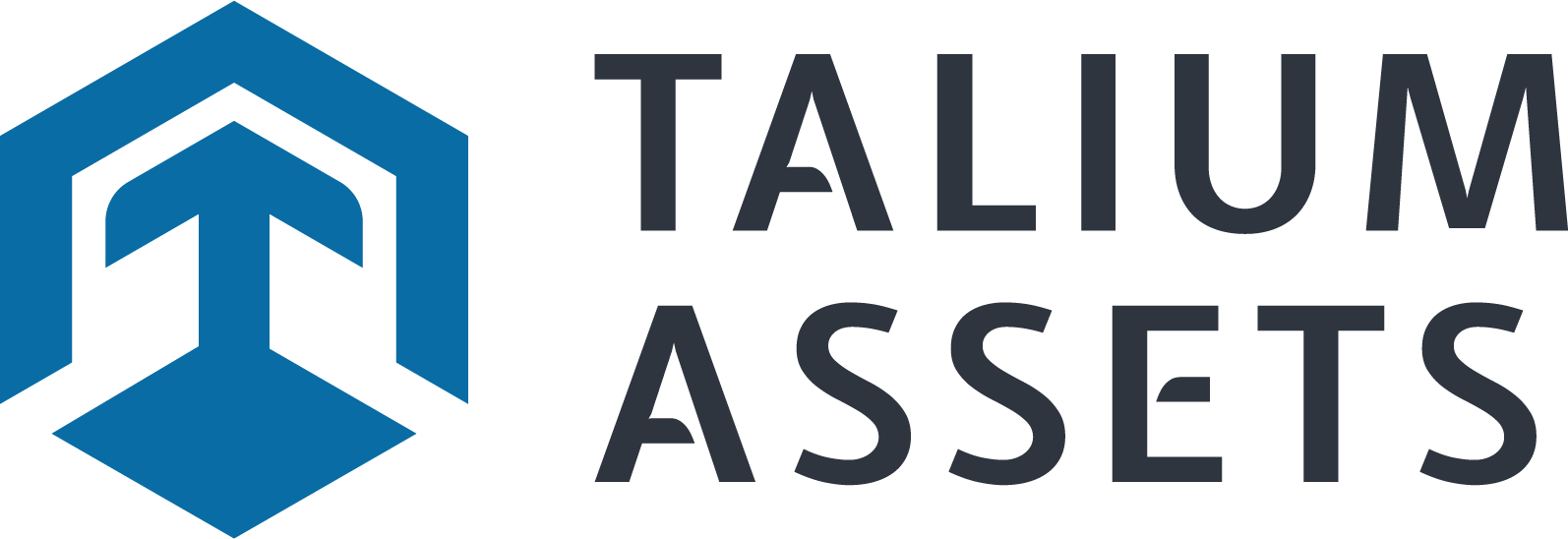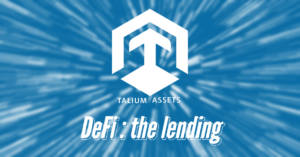Last Updated on April 14, 2021 by Talium
Crowdequity allows companies to raise funds by selling shares. Already advantageous, this system could see an important evolution thanks to tokenization.
Tokenisation, crowdfunding, crowdequity, blockchain
Before going any further, I would like to remind you of a few definitions. Also, another article has been written about the different possible fundraising methods that is meant to help you make a choice. This article focuses on the advantages that tokenization brings to crowdequity.
In the context of fundraising, tokenization is the fact of digitizing a right (a share, a bond) on a blockchain-type register. To summarize, tokenization allows replacing the Excel file with a more efficient register.
Indeed, the blockchain, and other technologies of distributed ledger registry (DLT), allow a recording and transfer of the data without any possibility of alteration of those. This brings many advantages in many fields.
Crowdfunding is the process of raising funds publicly, on dedicated platforms, from many individuals. Companies can also invest in projects proposed by this type of platform. Often associated with sites that collect simple donations or donations with compensation, crowdfunding actually refers to several types of fundraising such as crowdequity or crowdlending. In France, the fundraising in crowdfunding can go up to 8 million euros for CIP (Conseiller en Investissement Participatif – participative investment advisor) and PSI (Prestataire de Service d’Investissement – investment ervice provider) and up to 1 million euros for the IFP (Investissement en Financement Participatif – participative financing investment). From November 10, 2021, a new European regulation will come into force. The limit will be 5 million for all platforms operating in the European Union and will replace the existing CIP and IFP regimes.
Crowdequity allows an organization to raise funds in exchange for shares. It is a much simpler method than the traditional approach of selling shares on stock exchanges such as Euronext. Indeed, in a crowdfunding operation, the securities issued are non-listed, and therefore not available on the stock exchange. Crowdfunding represents the issuance of bonds. A well-known form of crowdequity is real estate crowdequity.
We should also mention security tokens, which represent financial securities tokenized on blockchain-type registers.
The shares sold in crowdequity can therefore be tokenized, or not. Let’s see the advantages it brings.
So what could tokenization bring to crowdequity?
Automated processes with blockchain
To date, in France, we count approximately 20 different sites dedicated to crowdequity and most of them were created after 2014 when it was regulated. We are therefore on a recent activity that tends to be modernized, especially through the “Minibons” ordinance of 2016 and the PACTE law of 2019.
The “Minibons” ordinance allows the recording of the register of securities movements on a DEEP (Electronic Shared Recording Device), a french term to define blockchain-type technologies. This is where we find the first great advantage of tokenization because it allows precisely to digitize financial securities on this type of register. This makes it possible to bypass the trusted third party that usually manages the register of securities movements. Indeed, automation is generated by smart contracts, intelligent programs, and makes the processes more reliable.
An up-to-date cap table
Depending on the needs of the company raising the funds, the number, and type of shareholders coming in, it can be important to have an up-to-date capitalization table. It is a “table providing an analysis of the ownership percentages, equity dilution and equity value of a company at each investment cycle by founders, investors and other owners.” (Source: Wikipedia). Again, it is the automation provided by smart contracts that allows the real-time update of the capitalization table.
Transferability and secondary market
Today, all crowdfunding platforms specialized in crowdequity face the same problem: the lack of liquidity. Indeed, as they are initially (and often during the whole life of the shares) unlisted securities, they are not available on a stock exchange such as Euronext.
The regulation is very recent on the subject and it is only since August 19, 2020, that the Archax exchange has been able to have the license to resell security tokens. Tokenizing shares makes it possible to put this type of security on the secondary market. And thanks to the many parameters that can be included in a smart contract (depending on the chosen protocol), remain in compliance with the conditions set out in the shareholder pact.
Even without going through an exchange platform, the transferability conditions are anyway included in the security token, and again, can allow doing without a trusted third party to resell the securities. A bulletin board of sellers and buyers can be made available so that they can get in touch.
A question of threshold
As we have seen above, the ceiling imposed by the regulations (in France) is 1 or 8 million depending on the approval obtained by the crowdfunding platform. It is not possible to exceed this amount. As we have seen above, the amount will be 5 million for all crowdfunding platforms from November 10, 2021 (in Europe). With Talium Assets, thanks to security tokens, it is possible to exceed this limit.
More transparency
If we take up the previous arguments, it leads us back to global reasoning: tokenization, thanks to the underlying blockchain type technology, is synonymous with transparency. More transparency means more trust and therefore more potential investors.
Don’t wait any longer, ask for your demo of the Talium Assets’ platform



